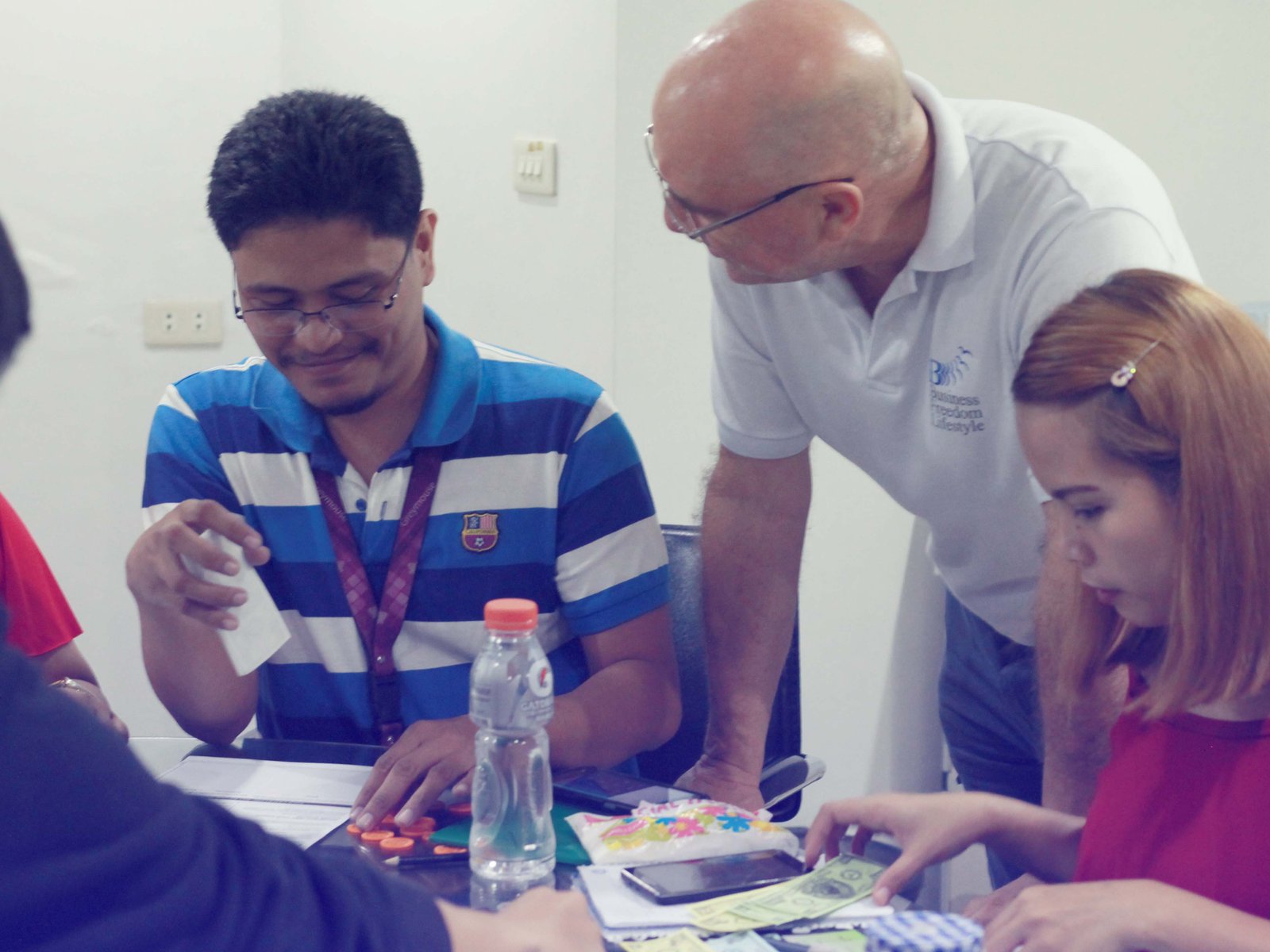
The economic problems of many countries today are caused by financially illiterate population. If we want to improve the odds of future generations in surviving economic crises (or not causing one), we need to start young in imparting money skills. Where do we start? Students, including your own kids!
Teens can say no to BAD debts early
Without financial education, teens see credit card like a money factory. This thinking can easily carry through adulthood when debt problems can easily compound through the years. A study by US News found out that 20% of college seniors have an average of $7000 credit card balance.
Teaching about debts and how problematic the consequences can become will give young people timely warning to steer clear from bad debts early on. Like a childhood reinforced habit, swiping a card becomes an intentional activity and not driven by impulses.
Financial literacy however is not just about teaching NOT getting into debts, but most importantly teaching them the difference between good and bad debts. While bad debts are a no-no, debts that can pay for itself and provide for financial leverage later on can be pursued. It is not enough to say no to every debt. Students also need to know about wealth creation principles. This can serve them very well later on.
Students will understand the importance of savings
Young people today often take money for granted and this is a bad sign. Many even think that money is easy to secure. The truth is money is hard to earn and sources can easily dry up when not managed well.
Together with teaching professional skills for the future, young people also need to know about savings and how important it is to spend money wisely. Living within your means is a concept that need to be reinforced very early in life. By teaching frugality, savings can become a natural tendency.
Students will know about investments
Saving money however is not an end but a means to an end. The ideal goal is to have enough money on hand to seize opportunities, leveraging savings for passive income. Bank interests on savings is never enough to pave the way towards financial freedom.
Financial literacy for me is a very wide discipline. While some stop on living simple lives, having enough to cover one’s living expenses, or having a decent retirement fund, there is more to money lessons than that.
The best part is learning how to invest your money in properties (earn from rentals). They can also invest in a business that runs on its own with passive income being the goal.
Knowing the power of money and harnessing that to one’s advantage is still the ultimate goal of financial literacy. The knowledge of students about money should empower them to live a life free of financial worries from their first day of work (or business) and through their retirement.


